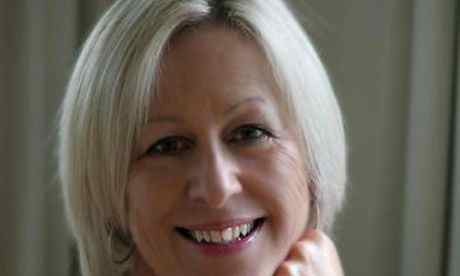How ironic that as the Church of England was voting against women bishops, I was trying to buy Divine Women; a series for television by historian Brittany Hughes who dares to consider when God was a girl.
Whilst some must have been celebrating at the result, others were distraught. ‘I’m ashamed to be part of the Church of England,’ said Giles Fraser, priest and writer for The Guardian. That’s honest, but the result wasn’t really a surprise.
In his most excellent book, Church at War, Stephen Bates sharply highlighted the warfare in the Church of England around sexuality and gender.
He presented compelling evidence that when the Evangelical lobby thought they would lose the fight on the ordination of women, they quite deliberately turned their attention to GLBT issues. There was to be no change to the priesthood of real men. And how right Stephen was way back in 2004.
This begs the painful question about why women want to be part of an institution that so clearly doesn’t want us to have any power and seems to have an easily irritated misogynist thread lying just below the surface.
In my own case, I was shaped from birth by rules, habits, images, stories, beliefs and writings that held up a male God and his son for adoration. Male symbols of the Divine that had evolved from a pantheon of gods often out for each other’s blood.
As a girl I didn’t really exist for anything other than service to the male deities and the system that supported them. I was shaped to please men and have colluded in that oppression both in the church and out of it. It’s hard to shift.
None of us can effectively thrive without role models, symbols, stories and images that reflect our own being and the worthiness of that. Without them we instinctively know that we are invisible, that we don’t matter, that we are worthless.
In order to survive, a process of pleasing the people in power evolves so that it seems perfectly normal, almost in the nature of things. No woman can change what is so entrenched in the Christian church.
However, the 44 bishops who voted yes to women bishops, and thousands more worldwide could make a difference by putting their power on the line and resigning their positions. A supreme sacrifice that could push the Anglican Communion over the edge into a new, more equitable way of being.
Mind you, I’m not holding my breath. I reckon I’ve got more chance of having Divine Women land on my doorstep.
Source
- Sande Ramage in Spirited Crone
Sande Ramage is an Anglican priest and blogger.
